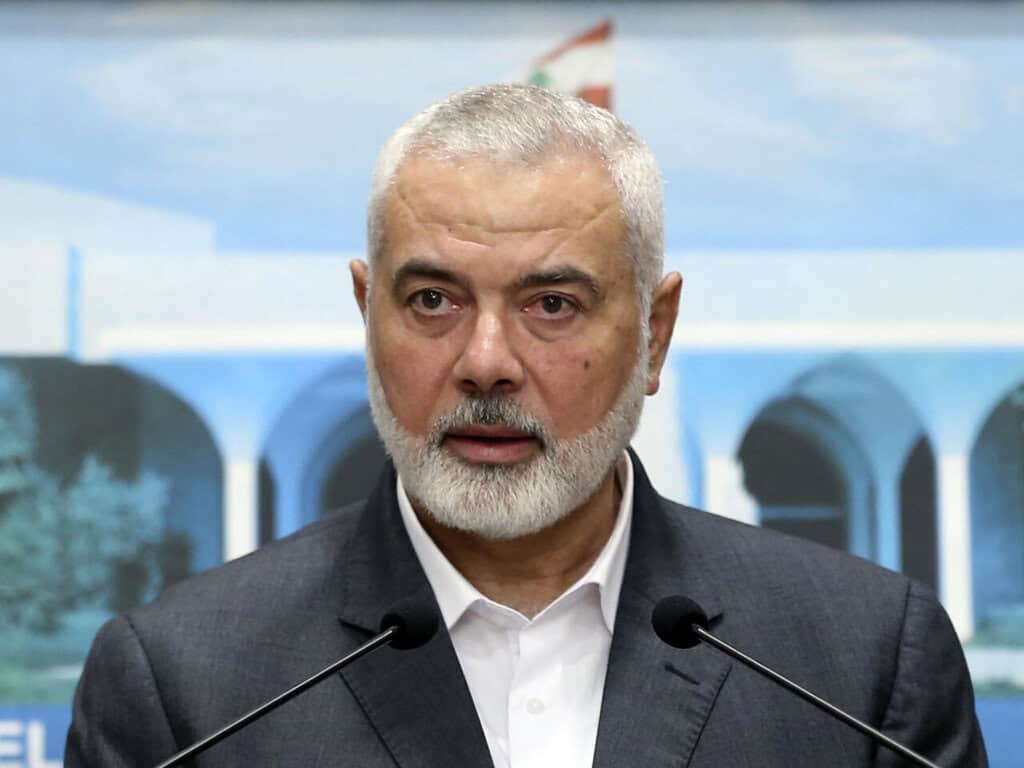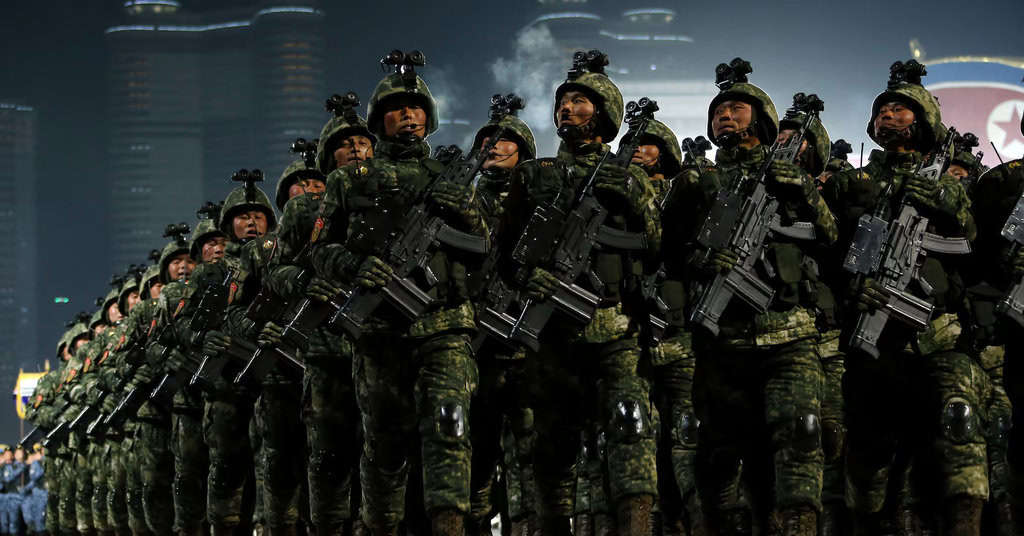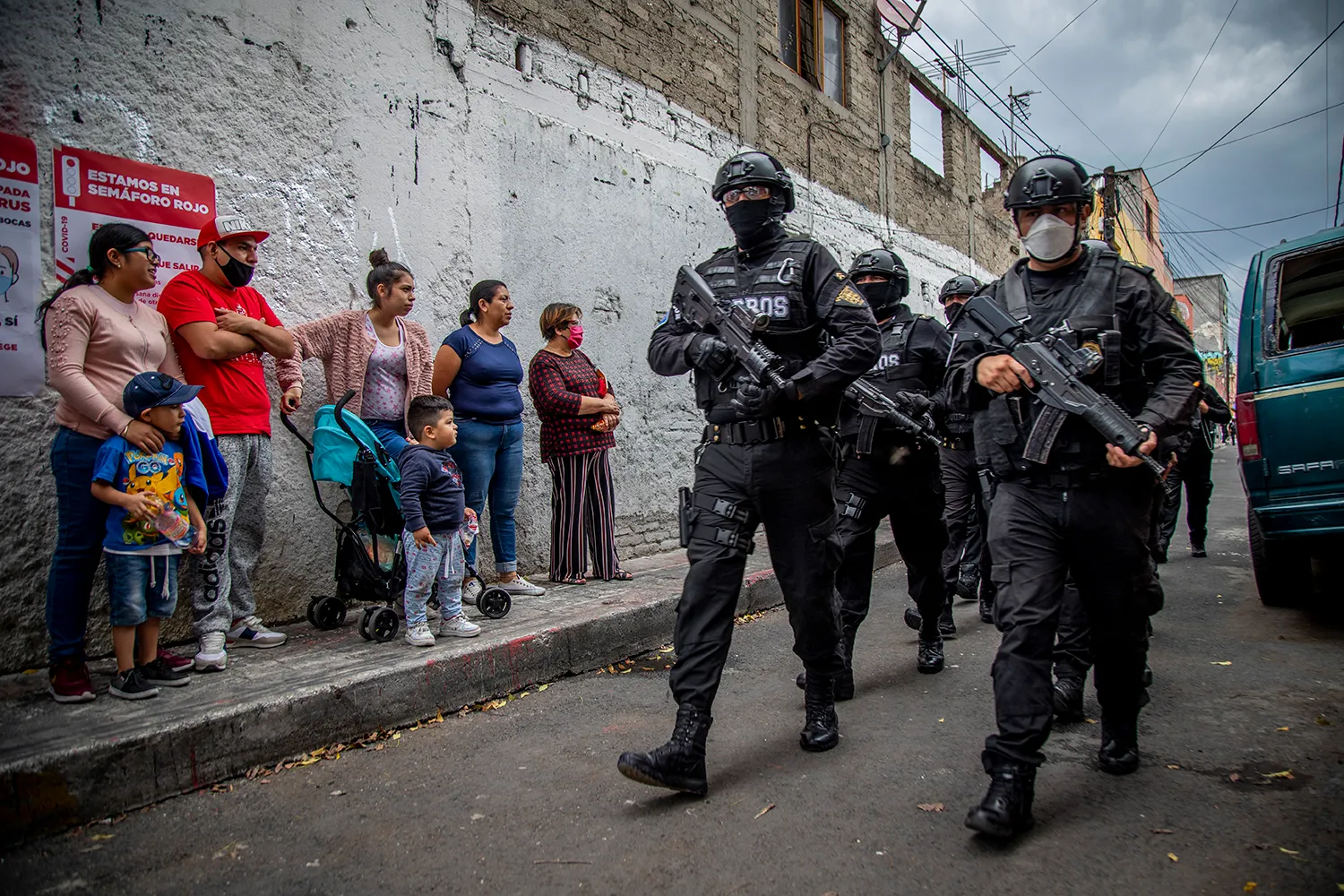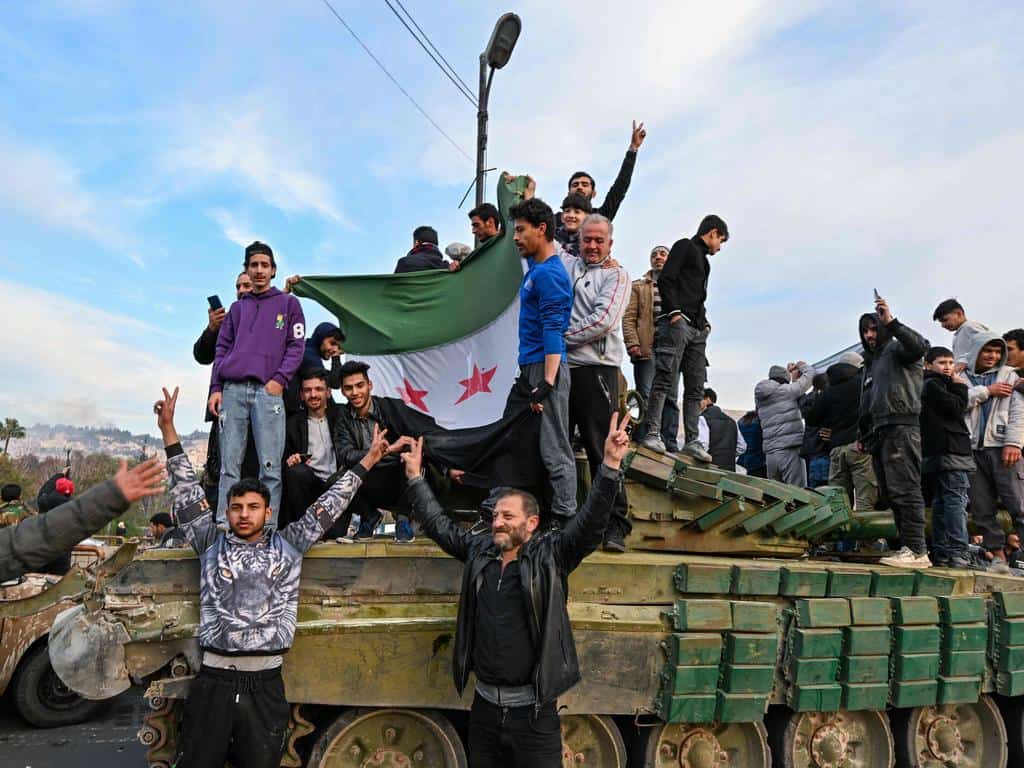The Passing of a Key Figure
Ismail Haniyeh, the prominent Hamas leader, was recently killed in Iran, marking a significant blow to the group’s diplomatic and military efforts. Haniyeh, known for his strong public stance, represented the international face of Hamas while managing the group’s complex relationships and negotiations.
Diplomatic Role and Leadership
Appointed as the head of Hamas in 2017, Haniyeh’s leadership saw him navigate between Turkey and Qatar, leveraging his mobility to engage in high-stakes diplomatic talks. His ability to move freely allowed him to act as a key negotiator in ceasefire discussions and maintain ties with crucial allies, including Iran.
Conflict and Loss
Despite his diplomatic endeavors, Haniyeh’s family was not spared from the violence. An Israeli airstrike killed three of his sons—Hazem, Amir, and Mohammad—along with four of his grandchildren. Haniyeh’s personal losses underscored the ongoing conflict’s toll on both sides.
Haniyeh’s Stance on Resistance
Haniyeh’s rhetoric often emphasized resistance in various forms—political, diplomatic, and military. He remained a vocal opponent of Israel, reaffirming the group’s commitment to its founding charter which calls for Israel’s destruction, although there have been occasional overtures towards a long-term truce.
Internal and External Perceptions
While Haniyeh was seen by some diplomats as a relatively moderate figure within Hamas, his actions and public statements maintained a hardline stance. His involvement in building Hamas’ military capabilities and nurturing ties with Iran highlighted his integral role in the group’s operations.
The October 7 Attack and Its Aftermath
The attack on October 7, which resulted in significant casualties in Israel and the capture of hostages, led to a fierce military response. Israel’s campaign has caused extensive casualties and destruction in Gaza, further escalating the conflict.
International Legal Challenges
In May, the International Criminal Court’s prosecutor sought arrest warrants for Haniyeh and other Hamas leaders, alongside Israeli Prime Minister Benjamin Netanyahu, for alleged war crimes. Both Israeli and Palestinian leaderships have rejected these allegations.
Legacy and Influence
Haniyeh’s influence extended beyond Gaza. His diplomatic efforts, particularly in brokering ceasefire deals, were pivotal. Despite his death, the impact of his leadership and the strategies he employed will continue to shape Hamas’ future actions and its role in the region.





